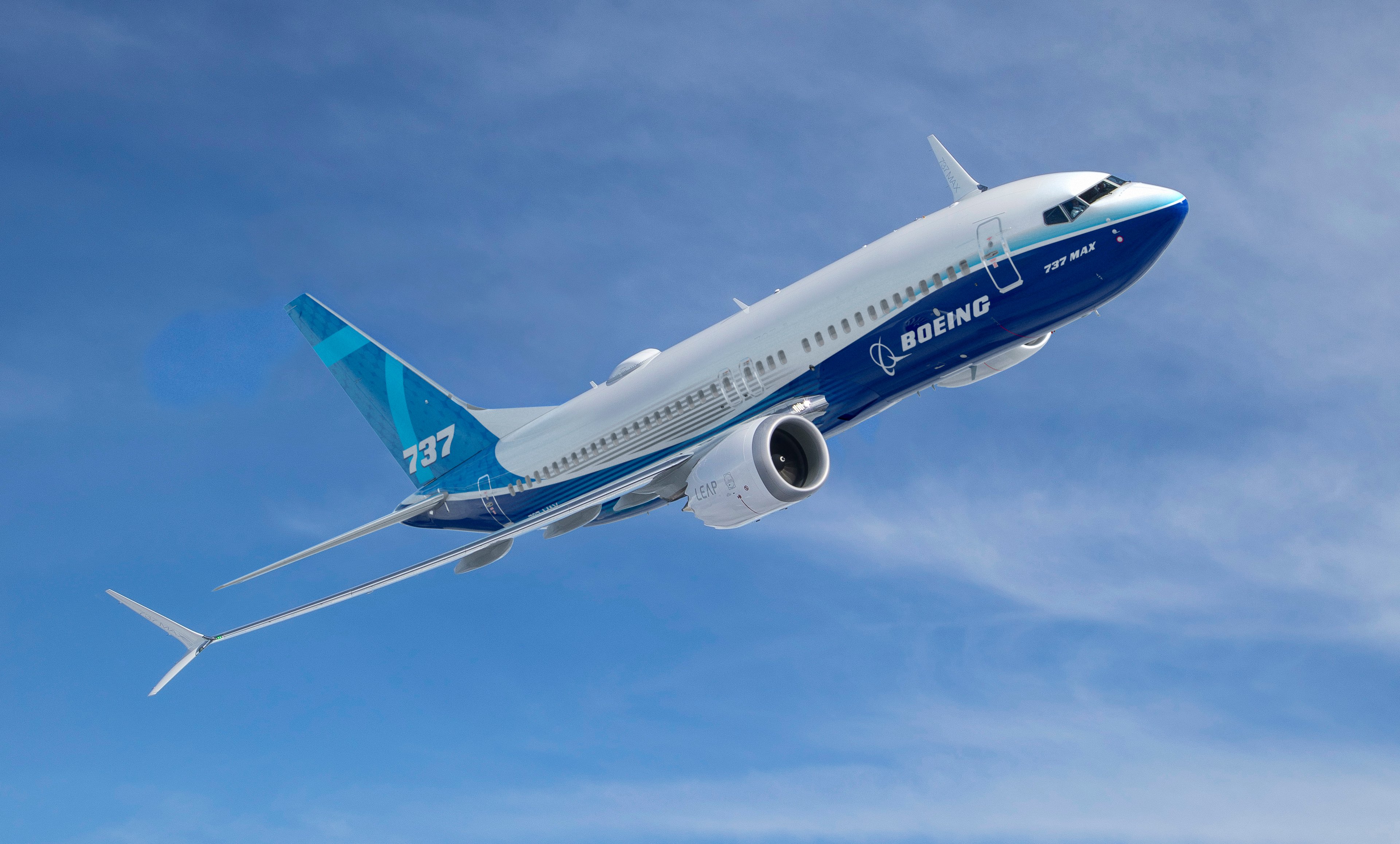What happened
Boeing (BA +0.01%) has hit a key milestone in its long-term recovery efforts, and investors are jumping into its stock as a result. As of 2:01 p.m. EST Wednesday, Boeing shares were up by 5.5%.
So what
Boeing has been in crisis mode since March 2019, when its flagship 737 MAX jet was grounded after a pair of fatal crashes. The pandemic made matters worse for the company as airlines were compelled to scale back their expansion plans, which put a serious damper on new jet sales.

Image source: Boeing.
Now, Boeing is beginning to get healthy. The 737 MAX was cleared again to fly again in the autumn, and with the distribution of COVID-19 vaccines widening, there are hopes that the worst may be over for the passenger airline industry.
On Tuesday, Boeing said that new aircraft orders in February outpaced cancellations, the first month in more than a year that has happened. Boeing sold 82 aircraft in the month, including a number of 737 MAX planes, compared to 51 cancellations.
Boeing bled through nearly $20 billion in cash in 2020, in large part due to the lack of deliveries. Returning to normalcy in terms of orders and deliveries is a key aspect of the company's recovery plan, and investors are reacting positively to firm evidence of progress.
Now what
The news was good, but investors should be cautioned that these are early days of what is likely to be a long recovery. Even as passenger traffic recovers, the airlines are in no position to aggressively buy new airplanes, and Boeing still faces development and manufacturing issues with other models including the 777X and 787 Dreamliner.
Boeing's order book for the month benefited from military orders, namely 27 Air Force tankers. It would have been net positive without them, but by a much smaller margin. It also still has a backlog of narrowbody jets, planes including the 737 MAX, that is significantly smaller than archrival Airbus. That matters, as over the next few years, airlines are more likely to be investing in narrowbodies than in larger, international-focused planes.
The bottom line is Boeing's stock should trend higher from where it was last year, but perhaps not as quickly as some investors would hope, so I'd advise caution. And for those who want to invest in a commercial aerospace recovery, I'd recommend considering manufacturers more focused on supplying spare parts for the planes in airlines' existing fleets.






